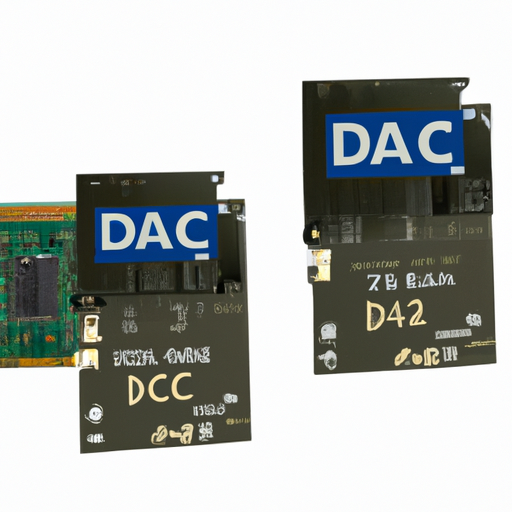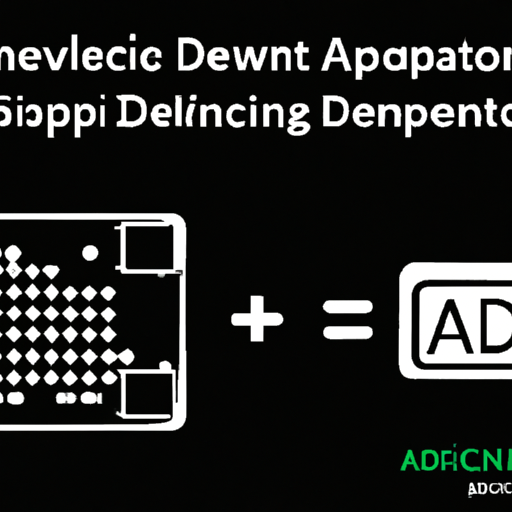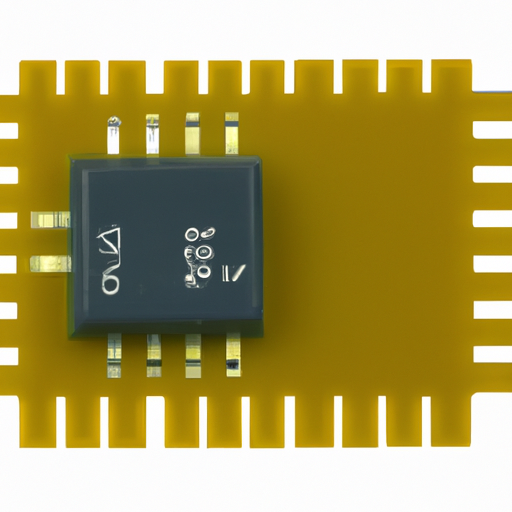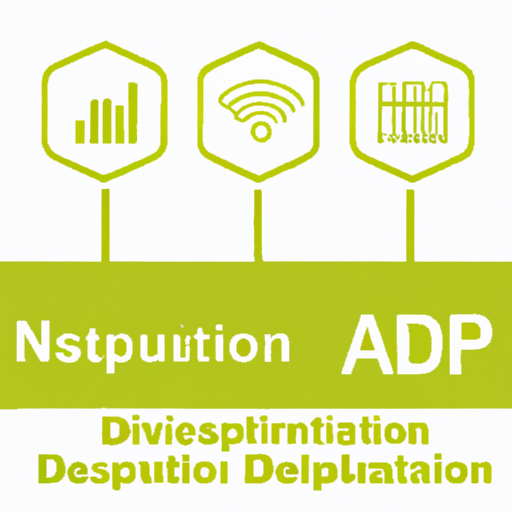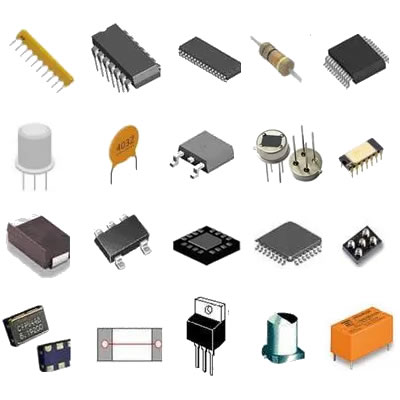1N5228B-T Digital to Analog Converters (DAC) highlighting the core functional technology articles and application development cases of Digital to Analog Converters (DAC) that are effective.
Overview of Digital to Analog Converters (DAC)
Digital to Analog Converters (DACs) are critical components in electronic systems, responsible for converting digital signals (binary data) into analog signals (continuous voltage or current). This conversion is essential for applications that require interaction with the analog world, such as audio playback, video rendering, and control systems. DACs bridge the gap between digital processing and analog output, making them indispensable in various fields.
Core Functional Technologies of DACs
| 1. Resistor Ladder (R-2R Ladder) DACs | |
| 2. Sigma-Delta DACs | |
| 3. Pulse Width Modulation (PWM) DACs | |
| 4. Current Steering DACs | |
| 5. Integrated DACs | |
| 1. Audio Processing | |
| 2. Telecommunications | |
| 3. Instrumentation | |
| 4. Control Systems | |
| 5. Medical Devices |
Application Development Cases
Conclusion
Digital to Analog Converters are fundamental to the functionality of many modern electronic systems, enabling the conversion of digital data into analog signals for a wide range of applications. Their diverse architectures and technologies cater to various needs, from high-fidelity audio reproduction to precise control in industrial automation. As technology continues to advance, DACs are evolving to offer improved performance, integration, and functionality, making them essential components in the development of innovative electronic solutions.

